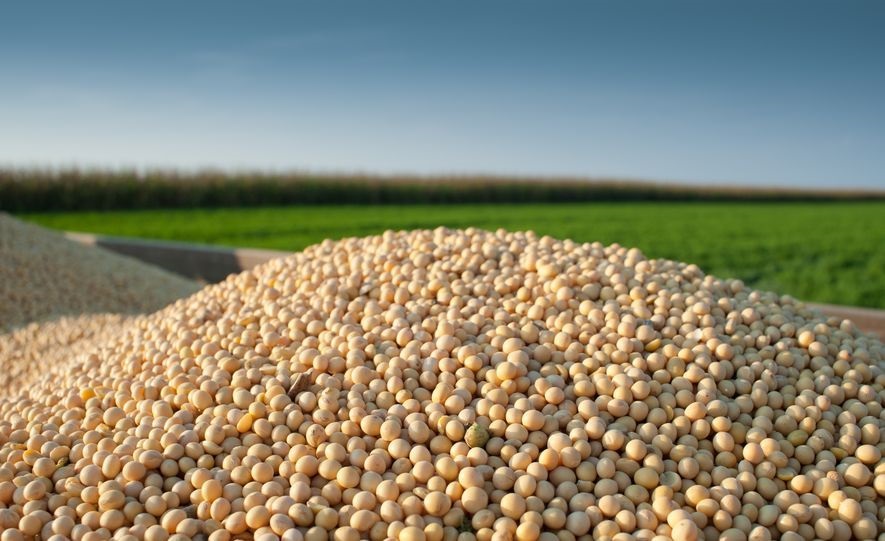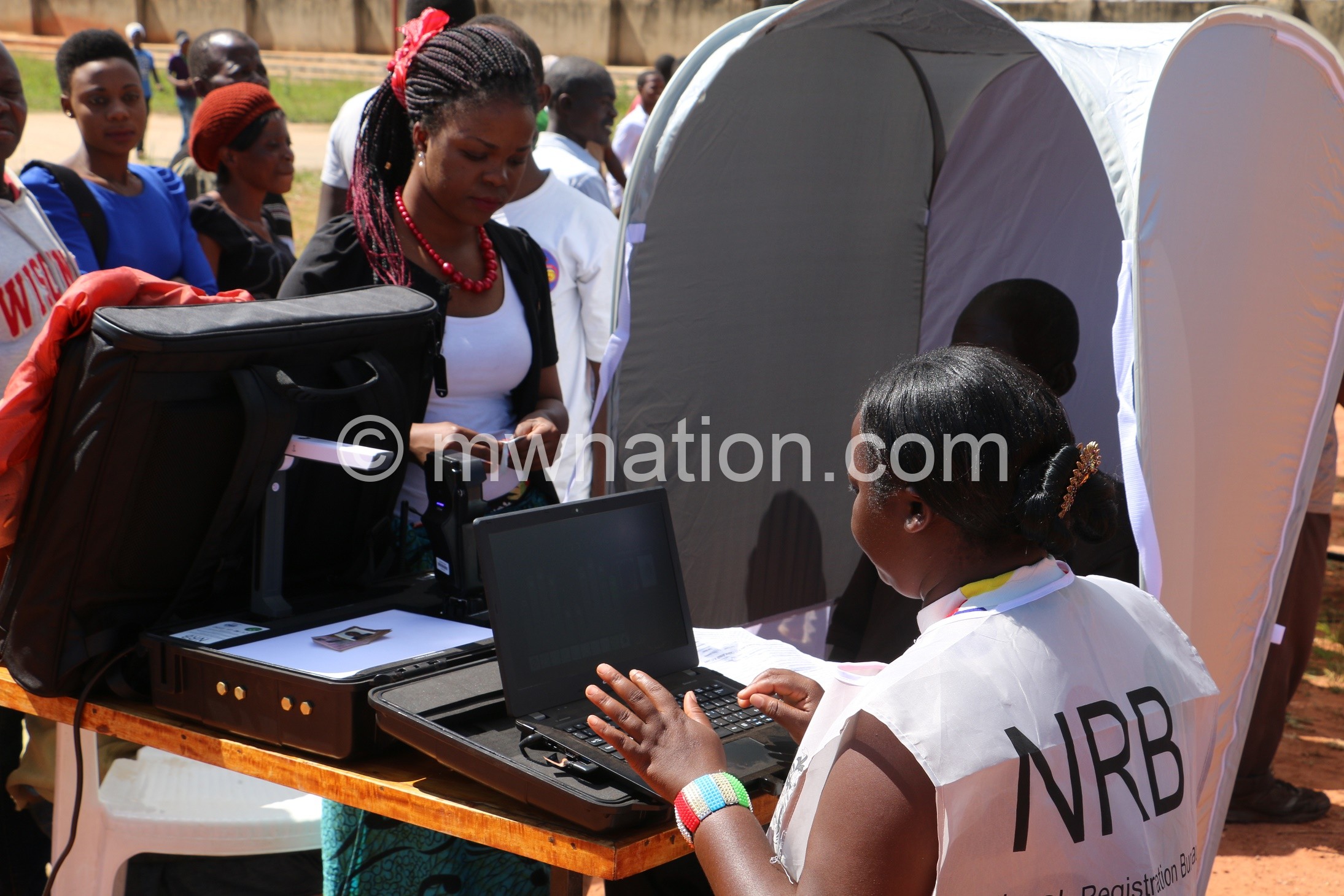Exporters face challenges amid new regulations
The Malawi Revenue Authority (MRA) has this week intercepted over 100 trucks in Karonga carrying farm produce for export without complying with new Customs and Excise Regulations (2023).
The new regulations require traders to, among others, apply for fresh export licenses, export from registered customs warehouses, as well declare their exports on Reserve Bank of Malawi’s (RBM’s) electronic CD 1 form under the Export Proceeds Reconciliation Module.

Such produce are soya beans, maize, groundnuts, pigeon peas, sunflower, sesame seeds, beans, sorghum, millet, cow peas and rice.
In an interview yesterday, MRA head of corporate affairs Steve Kapoloma said they were simply following government regulations.
He said: “It’s the requirement of the law that all exports, before they come at the border or roadblock, must go through the customs warehouse and at these premises, customs documentation will be met. It’s a new way of doing business where we are not choking the border.
“We are allowing the exportation to be done prior to the arrival of goods at the border, and the purpose is to decongest the border but also facilitate trade.”
However, Grain Traders Association president Grace Mijiga Mhango said while the new system was not bad, challenges come with re-application for export licences and also favours big traders who already have warehouses.
She said: “The law is new and few people know about it. Others who already had export permits have their licences revoked and must reapply which is cumbersome. Some are hearing about it while their goods are in transit, while others don’t even know about it.”
Ministry of Trade and Industry spokesperson Mayeso Msokera said the new system aims to facilitate orderly trade and curb illicit export transactions, bas well as strengthen inter-agency information exchange systems.





